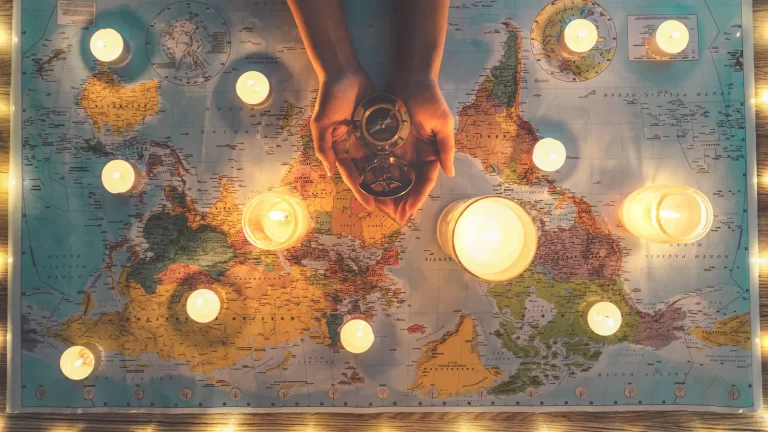When Jake O'Brien and his new wife Robin stepped inside the airport terminal in Grand Rapids, Michigan, they locked eyes and Jake said, “Are you ready?” Robin nodded. She then took a plus-sized envelope out of her handbag, opened it and read the card aloud: “Portland, Maine”.
At first, Jake felt a sense of shock. “Portland?” he said. “Really?”
Jake and Robin were about to begin their honeymoon and, it seemed, they'd be doing it in Maine. As they were planning their wedding, they couldn't decide where to go on the traditional postnuptial getaway. They hemmed and hawed. They combed travel publications for ideas. Then one day, Jake came across the travel agency Pack Up + Go, which specialises in “surprise trips”.
Sometimes called “mystery vacations”, surprise travel is exactly as it sounds. Instead of planning your own trip, a handful of travel agencies will do the decision making, booking and planning for you – and then surprise you with the destination once you arrive at the airport.
For Jake and Robin, it was the perfect solution to their decision-making paralysis: let someone else plan for them. But while surprise honeymoons have long been a thing among newlyweds, 2024 could be the year where surprise travel becomes a mainstream trend.
Booking.com recently surveyed 27,000 travellers in 33 countries to declare its seven travel predictions for 2024. With 52% of those surveyed saying they are “keen to book a surprise trip where everything down to the destination is unknown until arrival”, the company predicts 2024 will be the year of “surrender seekers”.
“Going into 2024 with a plan not to plan goes against [our] often rigid and heavily planned daily routine,” said Ryan Pearson, Booking.com's UK and Ireland regional manager. “For many, the spontaneity of heading to a destination unknown is thrilling enough, and all about a new experience and way to travel.”
In the last decade, more and more surprise trip companies have popped up. It always seemed that planning a holiday was part of the excitement of travel, but perhaps the element of mystery is tempting travellers to seek a new way to see the world.
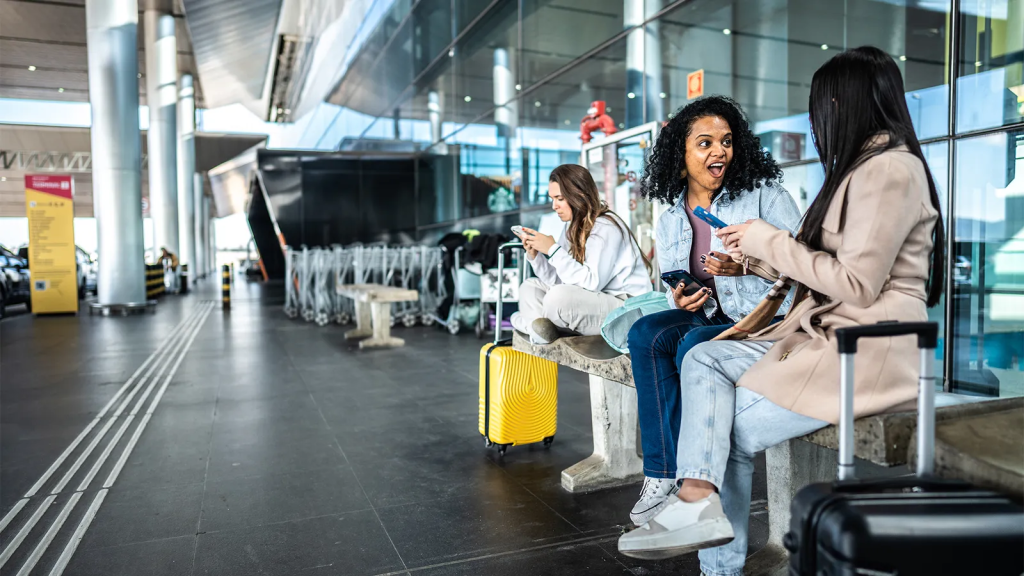
Here's how it generally works: First, you pick a price package based on how far you want to go and how many days you want to travel. Then, you fill out a questionnaire listing thing like your past trips, interests, travel proclivities, mobility issues and dietary restrictions. A team of in-house researchers then starts planning your trip.
About a week before your departure, an email arrives with cryptic hints about where you're headed – such as the weather forecast – so you know what to pack, and what day and time you should arrive at the airport.
Then a few days before departure, you'll receive a letter in the mail containing two things: a smaller envelope and a letter explicitly telling you not to open the second envelope until you get to the airport. That's because the second envelope holds your surprise destination, plus an itinerary that includes restaurant reservations and suggestions for museums, hikes and other attractions.
Lillian Rafson started Pack Up + Go in 2016. She was in Riga, Latvia, when she had a realisation: she had travelled so far from her hometown of Pittsburgh but had never even been to Boston or other nearby American cities. “Pittsburgh and other overlooked American cities have so much to offer,” she said. “I wanted to send people to these places and also help support small businesses in those towns.”
Today, she's planned upwards of 20,000 surprise trips across the United States, and Rafson says bookings for her surprise trips are up 30% in 2023 compared to pre-pandemic years.
Tour operator Black Tomato offers a variety of planned trips for clients. But in 2017, they began offering mystery “Get Lost” trips. Travellers can choose between desert, jungle and mountain, and their destination is revealed at the airport without giving any other details. “We wanted to create a trip in which the client would be living right in the moment while they're travelling,” said co-founder Tom Marchant.
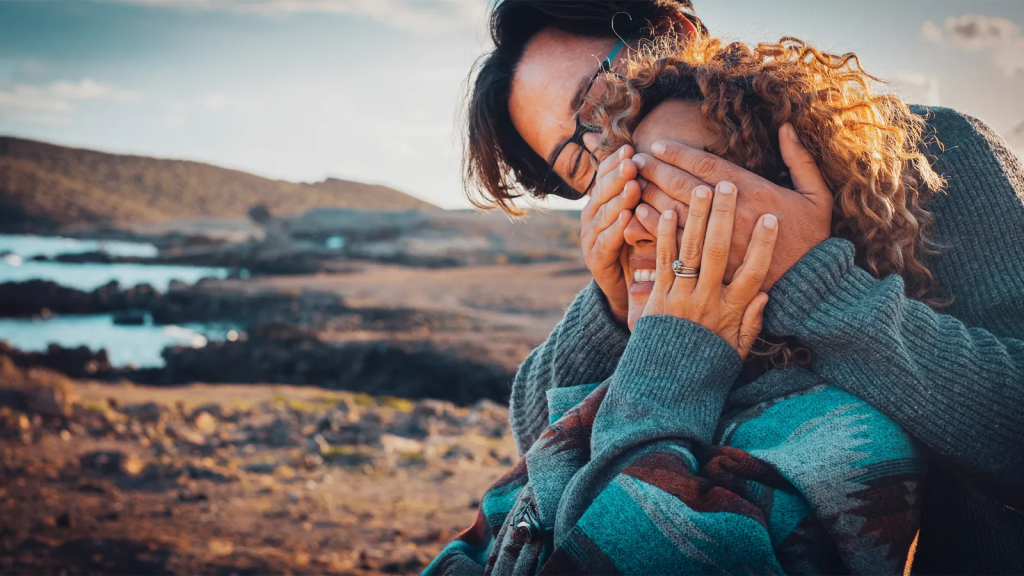
As this is travel, unexpected things can sometimes happen. Marchant sent a couple of clients on a multi-day hike in the Atlas Mountains in Morocco. They had their coordinates and a satellite phone, and Black Tomato had set up a lavish spread of food for them at that evening's campsite. But the travellers came upon a nomadic Bedouin tribe, and they ended up sitting and chatting with them for several hours and had an amazing experience. “They thought we'd arranged that for them, but it was just the real world happening,” he said.
Brown & Hudson, a London-based tour operator, takes the idea of surprise trips even further. “We were brainstorming and thought: perhaps people travel not to tick things off a list but to solve a particular problem or issue they have,” said Philip Brown, the company's founder. “If that problem is the focus of the trip, do they actually need to know where they're going? If it's about becoming less anxious or more connected to people, then we want people to focus on that.” According to Brown, if travellers knew their destination, it could become a distraction to the goal of their travel itself.
On Brown & Hudson's surprise trips (branded “Journey With No Destination”), they organise surprises along the way. It begins with travellers filling out a 20-page profile whose questions were co-created by a psychologist. “Surprise causes very short brain glitches that forces you to hyper focus on what's happening and then a degree of curiosity kicks in,” said Brown.
A woman booked a surprise trip with Brown & Hudson who suffered from short-term memory loss. She also played the piano. So, when she and her spouse were on their “Journey With No Destination” trip to Iceland, Brown & Hudson organised a surprise tour of Harpa, Reykjavík's main music hall, and arranged for a piano to be on the stage. The surprise was that the guide urged her to go up and play the piano for her husband and also arranged for someone to film it so that she would never forget the experience.
It's a more considered approach to travel. “When I look back to the travel of the days of the Grand Tour, the basic structure hasn't evolved, except for technology like Airbnb and low-cost airlines,” said Brown. “As an industry, we can be a great deal more creative in showing how people exist in other parts of the world to get better outcomes. We could go to a place to travel for therapy. Travel can solve a load of problems if the industry is willing to consider it.”
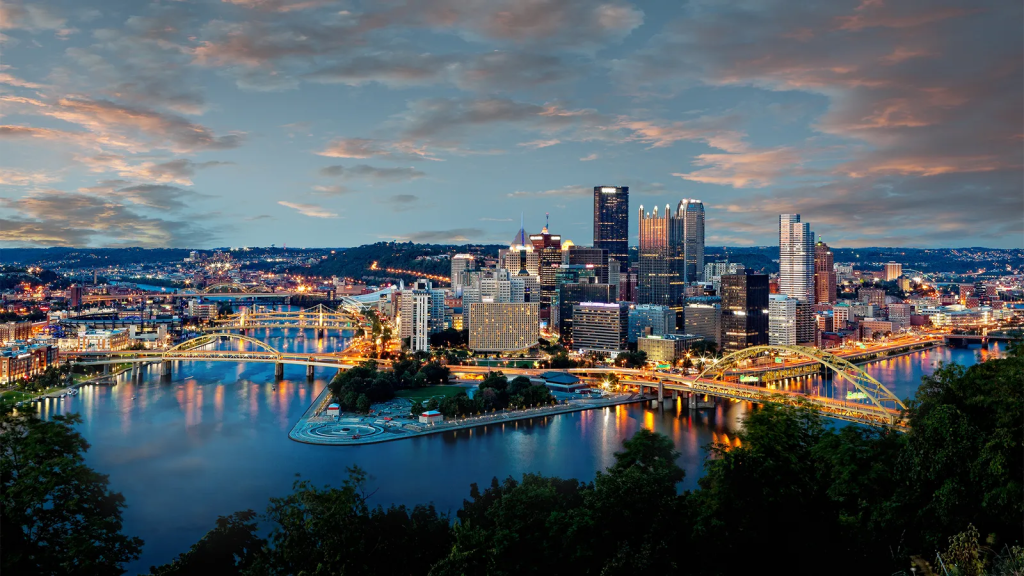
But while it may be tempting to chalk up the rise of surprise trips to tech and low-cost flights, according to the people who organise these trips, it goes beyond that.
A client once told Katie Truesdell, the owner of Magical Mystery Tours, that she was so overwhelmed by the decision process in planning her travels that she decided not to go anywhere – until she discovered surprise trips. “It's a unique way to travel,” said Truesdell. “What makes it appealing is that people are busy and stressed out. Even when they want to get away, some people don't have the time to plan a vacation.”
Emily Thomas, author of the book, The Meaning of Travel: Philosophers Abroad, agrees that the element of surprise is a major factor in the appeal of these trips, but she likens it to something deeper. “The processes of travel – be it airplane, train or car – and its destinations feel increasingly homogenised these days,” she said. “It's difficult to go somewhere without a McDonalds, let alone without hundreds of reviews on TripAdvisor. At least with a surprise trip, some unexpectedness is guaranteed.”
“We live in an age where everything is immediate and available,” said Marchant. “Stepping out of your comfort zone from your day-to-day life… and going somewhere in which you don't know what's going to happen offers a much different travel experience. It's an antidote to our overly prescribed day-to-day lives that we lead. It's also a nostalgic perspective. If you go way back, travel was about stepping into the unknown centuries ago, about what you didn't know you were going to see, and to explore the world. It elicits a thrill.”
Speaking of which, after the O'Briens learned their honeymoon destination was Portland, they spent four fun and action-packed days in the city, visiting museums, enjoying wonderful dinners and going on hikes. “It wasn't on my radar at all,” Jake said.
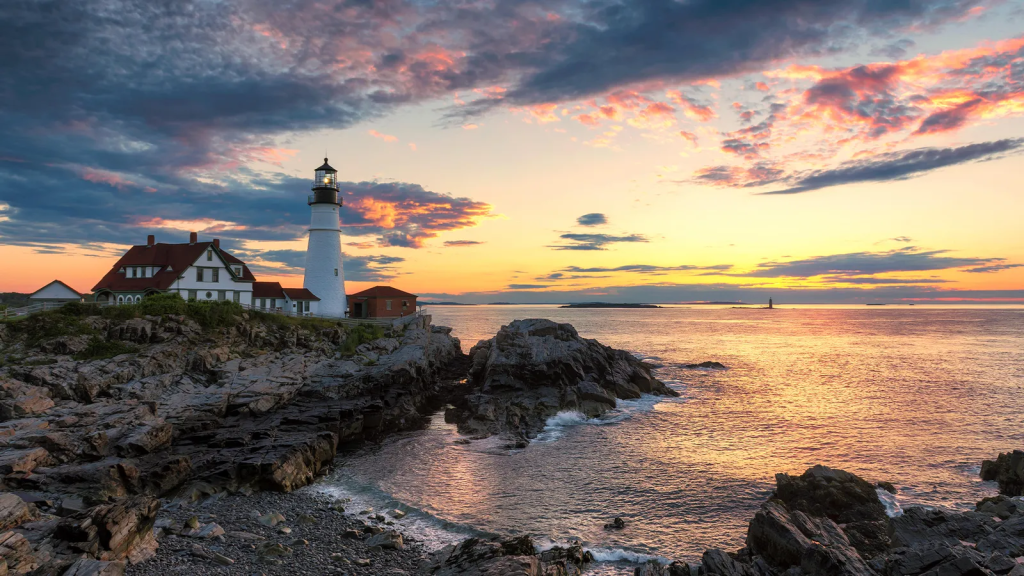
When the trip was over, Jake realised he not only loved Portland, but surprise trips too. He and Robin have since embarked on six more mystery vacations, nearly one per year since their honeymoon voyage, and it seems they're not going to be stopping any time soon.
— CutC by bbc.com


